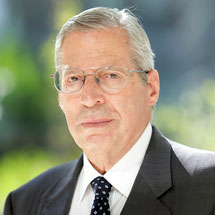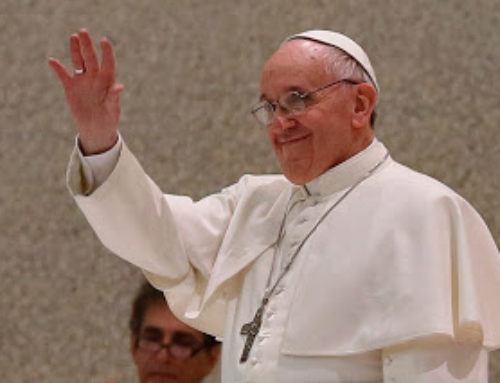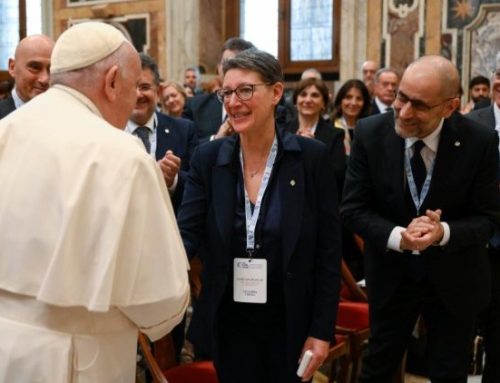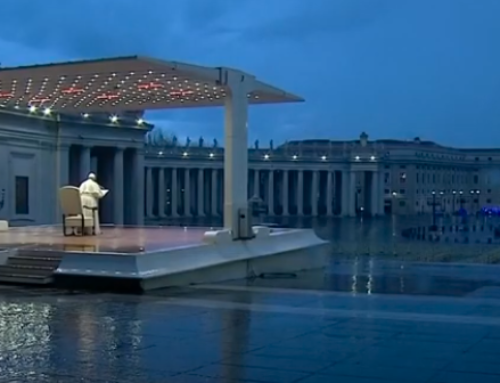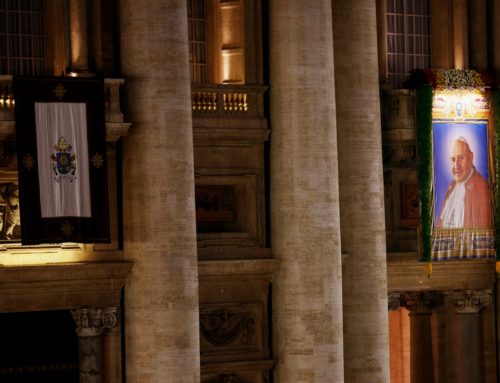Evangelii gaudium: impressions of a first Reading
The first document issued by Pope Francis ( the Encyclical was mainly the work of Pope Benedict XVI) was expected with great interest. Some people, inside and outside the Church, expected a novel approach to dogmatic teaching and were disenchanted, because they only found a revolution of kindness; others contended themselves by highlighting the in their opinion radical statements and condemnations of economic and capitalistic misbehavior, quoting slices of the document and ignoring the doctrinal core of the Exhortation. In fact, it presents no novel interpretation of these aspects of human activity and is in line with previous magisterial pronouncements, being a logical continuation and enlargement of the well established teaching of the Church on social questions, as already treated by Leo XIII. It cannot escape the reader that the teachings of John Paul II are quoted about 40 times, and those of Benedict XVI and of the Vatican II Council about half that figure; moreover, many quotes are verbatim, relatively long transcriptions, demonstrating the continuity with previous lines of thought and teaching.
However, there are novelties, and important ones, in this rather lengthy document. First, there is a strong accent on joy as the driving element in evangelization and on the essential role of joy in the life and being of the universal Church. In this sense, the treasure the faithful harbor fills them with joy urges them to share it with all other human beings. Since to evangelize, to share this joy and happiness is a permanent mandate, there is no allusion to the “new” evangelization. Second, there is an insistent appeal to give preferential attention to the poor, the destitute, the excluded, the “trash and leftovers” of the human (or inhuman) society.. This option for the poor consists in the priority in the announcement of the Gospel and has social consequences; the excluded have the right to receive the joyful announcement, the kerigma, but this implies active recognition of their dignity, liberty and fundamental rights. Thus, there is an immediate and strong link between evangelization and sociopolitic intervention, asking for loving and therefore peaceful and determinate action.
As stated before,this is a long text (in my version it occupies almost 200 pages) and represents much more than a document on the subject of evangelization. It appears also to be a programmatic text concerning what the Pope intends to teach and do during his mandate; it very often attains the intensity and prophylactic scope of a manifesto ( take for example the eight negations (No to…) of unacceptable evils in our time, detected both in the interior and in the exterior of our Church). For those who are familiar with the writings of Cardinal Bergoglio, this is no surprise : Pope Francis acts and speaks in total coherence with his past pastoral life.This fact entails that his peculiar style is present in the Exhortation: his highly intellectual, Jesuitic culture is effortless merged with a vast experience in living and suffering with simple and poor people. A humorous streak is also easily detected in his style, sometimes almost blunt in the refreshing sincerity of meaningful formulations( like the allusion to the suffering of preachers because they have to preach, and of to the suffering of their audience, because they have to listen to them; or to some agents of evangelization, who have faces of vinegar or funeral looks…)
The humbleness with which the Pope assumes himself is evident when he states that we should not expect him to have a last and definitive word in every question and that he welcomes suggestions from everybody. He reminds us that Grace is more important than law, Jesus Christ more important than the Church and that we should speak more about the Word than about the Pope. A reign where love, joy and peace in Christ rule is perhaps utopian, but utopia may be only a preview of a better reality – this is for me the meaning of this message.
If, according to its definition an Exhortation urges with words to adopt a good and laudable conduct, then this one fully corresponds to the intrinsic meaning and we should thank for it and be ready to joyfully accept our task.
Dr. Walter Osswald, Past-President of the FIAMC (1994-1998)
—————————————————————————————
- Evangelii Gaudium : Esortazione Apostolica sull’annuncio del Vangelo nel mondo attuale (24 novembre 2013)
[Francese, Inglese, Italiano, Polacco, Portoghese, Spagnolo, Tedesco]
http://www.tarraconense.cat/2012/ftp/298_20131129054208.pdf Català

